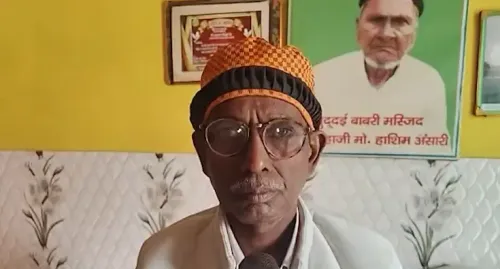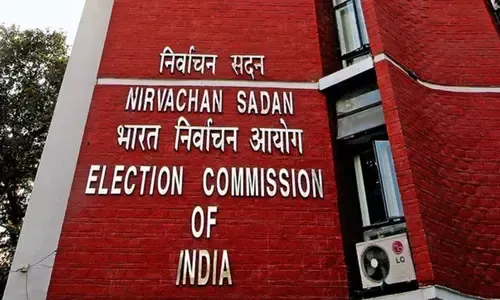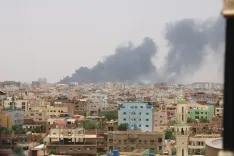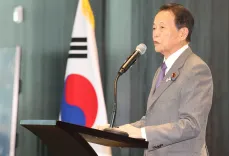Did Kerala Cyber Police File a Case Against a Fake Video of the Chief Election Commissioner?
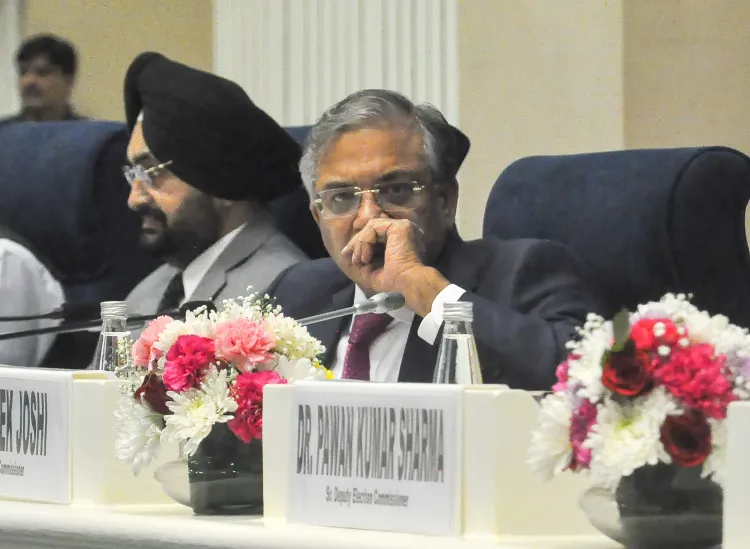
Synopsis
Key Takeaways
- Kerala Cyber Police have initiated a case against those responsible for a fake video of the Chief Election Commissioner.
- The video is believed to have spread misinformation ahead of the local body elections.
- The state is currently revising its electoral rolls, adding urgency to the situation.
- Authorities are enhancing cyber surveillance to prevent the spread of such misinformation.
- The Election Commission is concerned about the impact of false information on public trust.
Thiruvananthapuram, Nov 22 (NationPress) - The Cyber Wing of the Kerala Police has initiated legal action following the dissemination of a forged post featuring a manipulated image and edited footage of Chief Election Commissioner Gyanesh Kumar on social media, just before the upcoming Kerala local body elections.
This deceptive material, which was initially traced back to the social media platform X, is said to have spread misleading information regarding the election procedures.
Authorities are concerned that the video may have proliferated across various platforms, leading to heightened cyber vigilance.
The incident arises as Kerala gears up for its two-phase local body elections, with the initial phase set for December 9 in seven southern and central districts, followed by the second phase on December 11 in the remaining areas.
Currently, the state is undergoing a Special Intensive Revision (SIR) of the electoral rolls, making the spread of such misleading content especially critical.
Furthermore, the Kerala government, along with the CPI-M, Congress, and IUML, has approached the Supreme Court for a stay on the SIR process, asserting that it is causing disruptions to the local body elections.
The Supreme Court is scheduled to revisit the case next week, though it has not yet halted the ongoing process.
The FIR was lodged by the Thiruvananthapuram City Cyber Police during routine cyber surveillance.
The case has been filed against unidentified individuals under various sections of the Bharatiya Nyaya Sanhita, including 197(1)(d) for disseminating false or misleading information, 340(1) for creating forged electronic records, and 340(2) for the dishonest use of such records, along with Section 66C of the Information Technology Act concerning identity theft.
Officials confirmed that the misleading post featured a falsified photograph and altered video aimed at misguiding voters about the electoral process.
As the election machinery is already in motion, the Election Commission has voiced its concerns regarding attempts to sow confusion or undermine public confidence in the electoral process.
The police are currently tracing the origin of the manipulated material and are investigating whether it is part of a coordinated effort to influence the elections.


